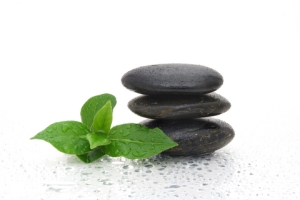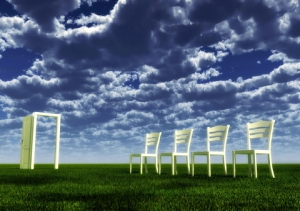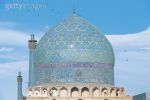Healing America’s Soul
After my March 24 and 26th posts, I was feeling frustrated by my inability to find a cool head in the middle of this turbulent and sometimes scary time in our country as we to try to discern what National Health Care will REALLY mean for each of us individually and collectively as a nation. Then I happened on this wonderfully timed article in Margaret Benefiel’s Executive Soul monthly newsletter entitled, “Healing America’s Soul“. Dr. Benefiel was a favorite professor of mine at Andover Newton and is currently CEO and Founder of Executive Soul. Part of Margaret’s mission includes leading workshops and lecturing around the country to companies, organizations, and conferences who are looking to nurture spiritual values and leadership in the workplace. In addition, she has published two books, Soul at Work and The Soul of a Leader. It is my great pleasure that she has allowed me to share her thoughtful voice of sanity amidst the cacophony of fear and frenzy.
“HEALING AMERICA’S SOUL” by Margaret Benefiel (published in its entirety):
The American healthcare struggle culminating in Sunday’s vote brought out the best and the worst of legislators’ and citizens’ behavior. The worst of the behavior inflicted wounds that not only hurt individuals, but also damages the nation’s soul.
In some ways, the heat and polarization generated by the healthcare debate can be viewed as an opportunity, an opportunity to expose old wounds that have been festering and need to be healed. When Rep. James Clyburn received a fax of a noose along with racial slurs, when Rep. Emanuel Cleaver was spat upon by a protestor and called “ni–er”, when Rep. John Lewis was called a “ni–er”, it became clear, in ways that perhaps it hadn’t been to all Americans, that racism is alive and well in America and needs to be addressed. When a U.S. Representative shouted “baby-killer” during Rep. Bart Stupak’s speech on the floor of Congress, it became clear that slanderous speech is alive and well, even in the sacred halls of Congress. When pro-choice advocates, characterized pro-life advocates as anti-women, it became clear that intolerance and inability to hear the good will in others’ positions is alive and well.
Racism, slander, and lack of respect for differing views damage the soul of the nation. America was built on the foundation of mutual respect and rigorous debate. When all positions are heard and seriously considered, the nation is richer for it. When some positions are shut out, the nation is impoverished. When people are demeaned because of their race or political position, the nation’s soul is damaged. As Fannie Lou Hamer reminded us, “Nobody’s free until everybody’s free.”
The healthcare struggle revealed gaps between America’s espoused values and her lived values. America is not a “post-racial” society. America is not a tolerant society. America is not a society of mutual respect for differing points of view.
This is an opportunity for healing the old wounds that have been exposed, for closing the gap  between espoused values and lived values. Will Republican leaders step forward and challenge their followers (and colleagues) on their racist and slanderous speech? Will Democratic leaders step forward and challenge their followers (and colleagues) on their intolerance and blind spots?
between espoused values and lived values. Will Republican leaders step forward and challenge their followers (and colleagues) on their racist and slanderous speech? Will Democratic leaders step forward and challenge their followers (and colleagues) on their intolerance and blind spots?
It’s time to heal the nation. America faces problems of huge proportions. If Americans can step up to the challenge to address and heal the wounds, the health and energy that will be liberated to engage the problems will be immense. If we can’t, we’re destined to limp along when we need to run.
Amen, Margaret.











